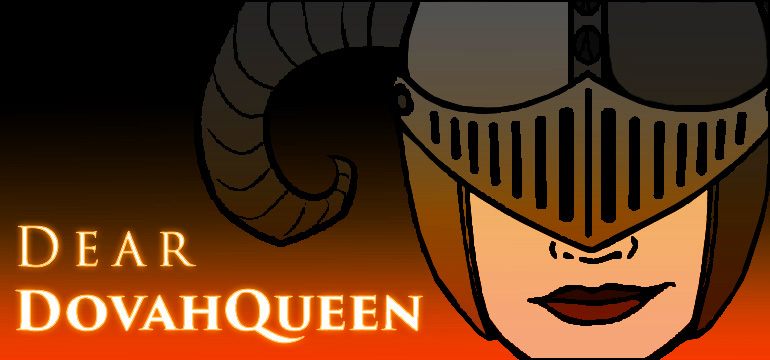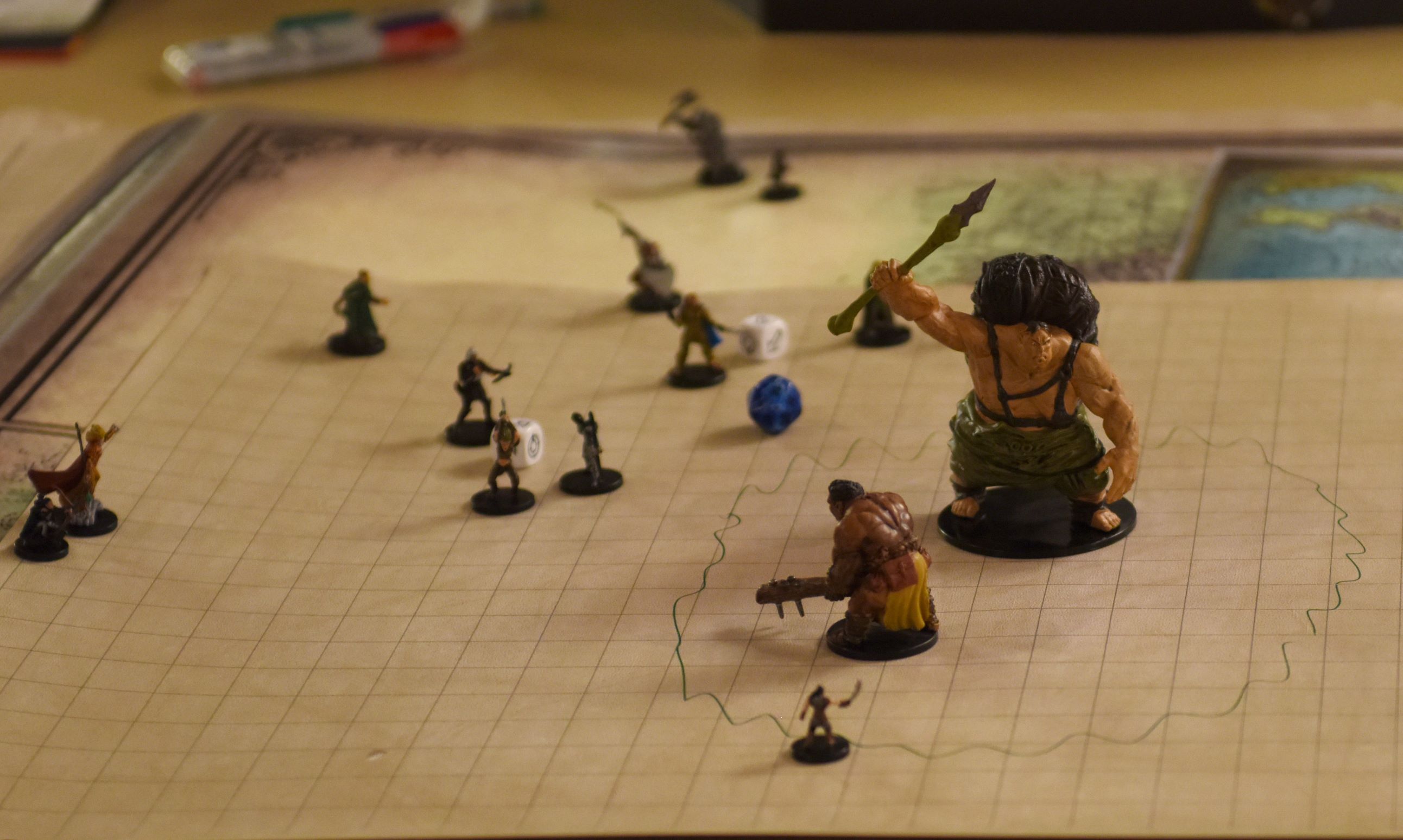Sometimes, GMs needs their players to have at least a basic understanding of the setting that they’ll be operating in. Today, we look at ways to bring our players up to speed beforehand without making it an arduous ordeal.
Dear DovahQueen: What are the best ways you can think of to get your players informed and invested in a new campaign they might be unfamiliar with, without it seeming like homework?– Excited-But-Unprepared
Dear Excited: A player’s knowledge about and engagement in the world that they’ll be playing in are paramount to an exciting game. I feel like GMs and players both miss out on a lot of the enjoyment they could be experiencing in their sessions when the players don’t come into the game with at least a cursory understanding of the immediate world around them. Character creation, in particular, suffers when the players don’t have a grasp of the environment that brought their character into being. That said, you’re absolutely right that many potential players would be immediately turned off by creating a hundred page prerequisite to their seat at the game table. Unfortunately, we’re invested in a game that does require the assignment of at least a little homework. In a sense, even character creation is a homework that needs to be finished before the first playing session. There are a few things that I do to help inform my players about the setting without making it feel like a research project to them.
As the GM, you’re expected to know almost all there is to know about the setting or at least have fast access to that knowledge very close at hand. When we run adventures in worlds we didn’t craft, our sources give us enough information to hopefully be able to handle any situation that could possibly arise. Even in our own homemade settings, there’s a lot of information that isn’t immediately relevant to a player building their character. In order to bridge the knowledge gap between player and GM without making too taxing, I like to put together a campaign outline for my players so that they have exactly as much information as I feel like they need to know to be properly informed. My outline generally includes a few sentences about the world at large, a few more about the specific region they’re from, and another handful of sentences about their local area. You could leave it there and be just fine, but I like to also use the outline for things I want them to be aware of like house rules, tone/mood, character creation guideline, and maybe background events going into the first session. I think tone/mood is particularly important so that players understand the kind of game they’re going into; you don’t want them to get disappointed when they make a comic book action hero in a grim dark detective story. All in all, I’d try to keep this outline down to a single page unless you’re going over entirely new and complex rules systems.
Another tried and true method is session zero. This is where you plan to get everyone together on game night for the inherent purpose of creating their characters with you there to guide them through the process. Much like with an outline, you’ll be able to talk your players through exactly as much information as they need to know while they’re able to ask you questions in real time. Another benefit is that you’re able to be more hands on in helping players that maybe have less of a grasp on the rules or more trouble coming up with ideas on their own. Session zero is a staple to many gaming groups, but it’s not necessarily my preferred method. That’s mainly because I’m super impatient and can’t wait to get them into my story. Also, if you have a whole lot of setting information that you want to communicate, this may not be the best method on its own; consider using session zero in conjunction with an outline.
Sometimes, you and your players just don’t have time for all of that. Free time can come in very limited quantities, and when it’s time to play, it’s time to play. Consider Youtube. For almost any established work of fiction, you should be able to find videos online that go over the setting’s history and lore in various amounts of detail. Personally, I don’t think of this as your best option since online research can quickly start to feel homework, and you have less control what is being communicated to your players. I’d send links in a pinch if I just didn’t have time to go over the setting with them beforehand.
Perhaps the most important variable here though is your players. Ask them what works best. Maybe they’d rather have a session zero. Maybe they only have time to watch some videos online. You know your players best, and ultimately they’re the most important factor.
You can request RPG advice or send your questions by email to deardovahqueen@gmail.com or on Facebook.




